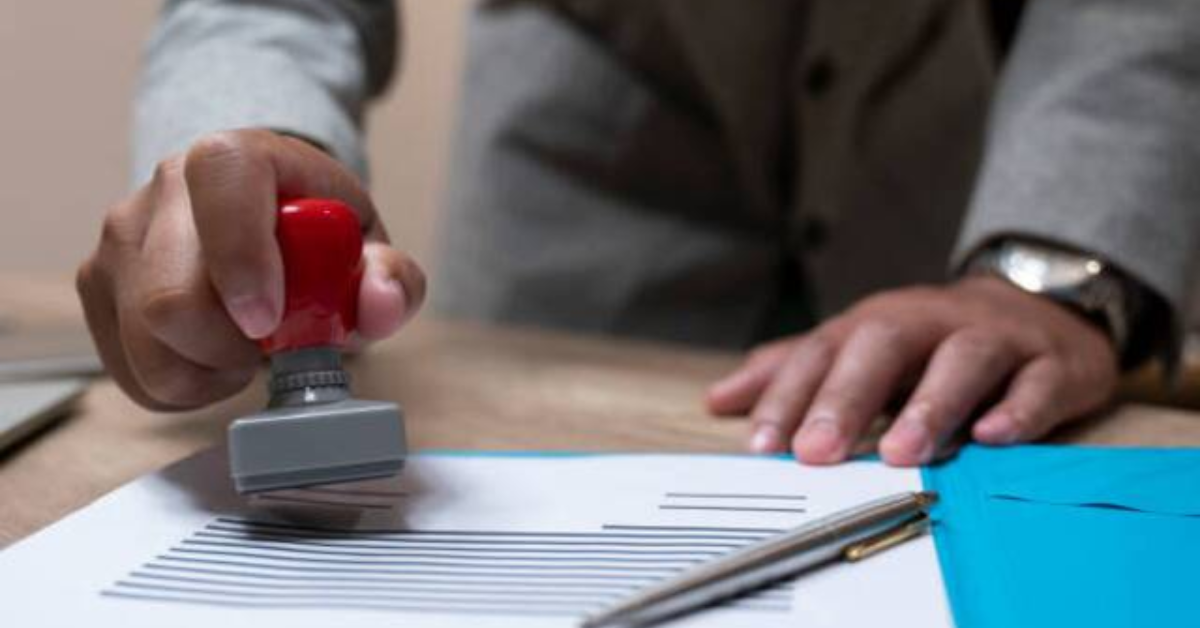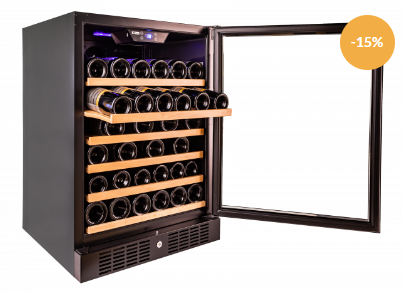Are Mobile Notary Services Private and Confidential?
When you engage a Mobile Notary to witness your signatures, you expect discretion and security. Mobile notaries travel to your location—be it your home, office, or another agreed venue—so that you need not expose sensitive documents publicly. From real estate closings to estate planning documents, the process involves handling personal information such as Social Security numbers, financial statements, and legal agreements. A professional mobile notary understands the critical importance of maintaining the confidentiality of every document they notarize, treating each assignment with utmost respect for your privacy and legal rights.
Safeguarding Client Information in Specialized Settings
Whether you require a Hospital Notary Service for healthcare directives or in-person visits, or you need notarization at a detention facility, privacy protocols must adapt. In medical environments, notaries often work alongside hospital staff to access patient rooms without compromising HIPAA regulations. Likewise, a notary providing services for Jail Notary Service clients faces stringent security protocols to ensure both facility rules and client confidentiality are upheld. Each specialized setting demands tailored practices that balance institutional requirements with the notary’s duty to protect personal data.
Understanding the Notarial Process and Confidentiality
Engaging Jail Notary Service professionals often involves unique security measures. Notaries must coordinate with correctional officers, schedule visits in secure areas, and ensure all paperwork is transported and returned without unauthorized disclosure. The confidentiality of inmate legal documents—ranging from power of attorney forms to appeal petitions—is non-negotiable. Notaries are bound by both state statutes and professional guidelines to maintain secure handling of documents before, during, and after notarization, ensuring client information remains private.
When you call on Emergency Notary Services for urgent signings—perhaps late at night or during a crisis—the notary must be especially vigilant. Rapid response should never compromise privacy. Notaries often carry locked briefcases, use encrypted electronic journals, and follow secure communication channels when coordinating appointments. These safeguards prevent sensitive information from being lost or intercepted, offering peace of mind when circumstances are stressful and time-sensitive.
Legal Obligations and Ethical Standards
In many jurisdictions, notaries are legally required to record each notarization in a journal that may include the signer’s name, date, type of document, and method of identification. While these records serve an important audit function, most state laws restrict public access to notarial journals, thereby protecting your personal data from unwarranted disclosure. If you employ Airport Notary Services while traveling, the notary’s electronic journal remains encrypted and offline to prevent any remote breaches. This legal layer ensures your transactions remain documented yet confidential.
Notaries are bound by ethics codes established by state commissions or national associations. These codes emphasize impartiality, confidentiality, and integrity. A committed notary will never share client details, display documents publicly, or discuss the contents of your paperwork with unauthorized individuals. Through ongoing training and strict adherence to ethical standards, professional notaries reaffirm their commitment to safeguarding your private affairs at every step.
State Laws Governing Privacy
Each U.S. state enacts specific statutes that govern notaries and the handling of private information. Most states mandate the secure disposal of temporary records—such as identification photocopies—once notarization is complete. A reputable mobile notary will confirm the acceptable retention period, then securely shred or delete any such materials. Understanding these legal nuances empowers you to ask informed questions: How long will the notary keep my documents? Where will they be stored? Do they use secure, locked storage or encrypted digital files?
Moreover, many states require notaries to complete continuing education on privacy and security. This training covers emerging cybersecurity threats, best practices for electronic notarization, and updated record-keeping requirements. By choosing a notary who maintains current certifications, you ensure your notarization process aligns with the latest legal standards designed to protect your confidentiality.
Professional Ethics and Best Practices
A professional mobile notary treats your documents with the same discretion as a lawyer or healthcare provider. Best practices include conducting signings in a private area free from prying eyes, verifying identities discreetly, and avoiding unnecessary conversation about document contents. Notaries often follow a privacy checklist: confirming no unauthorized individuals are present, securing all documents immediately after signing, and using tamper-evident seals or electronic signatures where applicable.
In specialized contexts—such as hospital or jail visits—additional layers of security apply. Notaries coordinate with institutional staff to find a private room, obtain necessary clearances, and minimize the time documents are in transit. These extra steps ensure that whether you’re in a busy ward or a correctional facility, your paperwork remains shielded from unintended exposure.
Client Rights and Notary Responsibilities
As a signer, you have the right to request information about how your documents will be handled. Notaries must provide clear explanations of their privacy procedures, including how long journals and copies are retained, the method of disposal, and whether electronic backups are encrypted. If at any point you feel uncomfortable, you can ask to reschedule or choose a different location where you feel your privacy is better protected.
Conversely, a notary relies on your cooperation to maintain confidentiality. Signers should present valid identification directly to the notary, avoid discussing sensitive document details within earshot of bystanders, and provide clear instructions on where to leave documents after signing. Mutual respect and transparent communication between client and notary foster an environment where confidentiality is a shared priority.
Conclusion
Mobile notary services bridge the gap between convenience and professional integrity, ensuring that critical documents are handled with the highest level of confidentiality—whether during routine home signings or specialized Hospital Notary Service, Jail Notary Service, Emergency Notary Services, or Airport Notary Services assignments. By understanding the legal requirements, ethical standards, and practical measures employed by notaries, you can confidently entrust your sensitive documents to these traveling professionals. Your privacy isn’t just a promise; it’s an obligation upheld by law and reinforced by the unwavering discretion of every reputable mobile notary.







